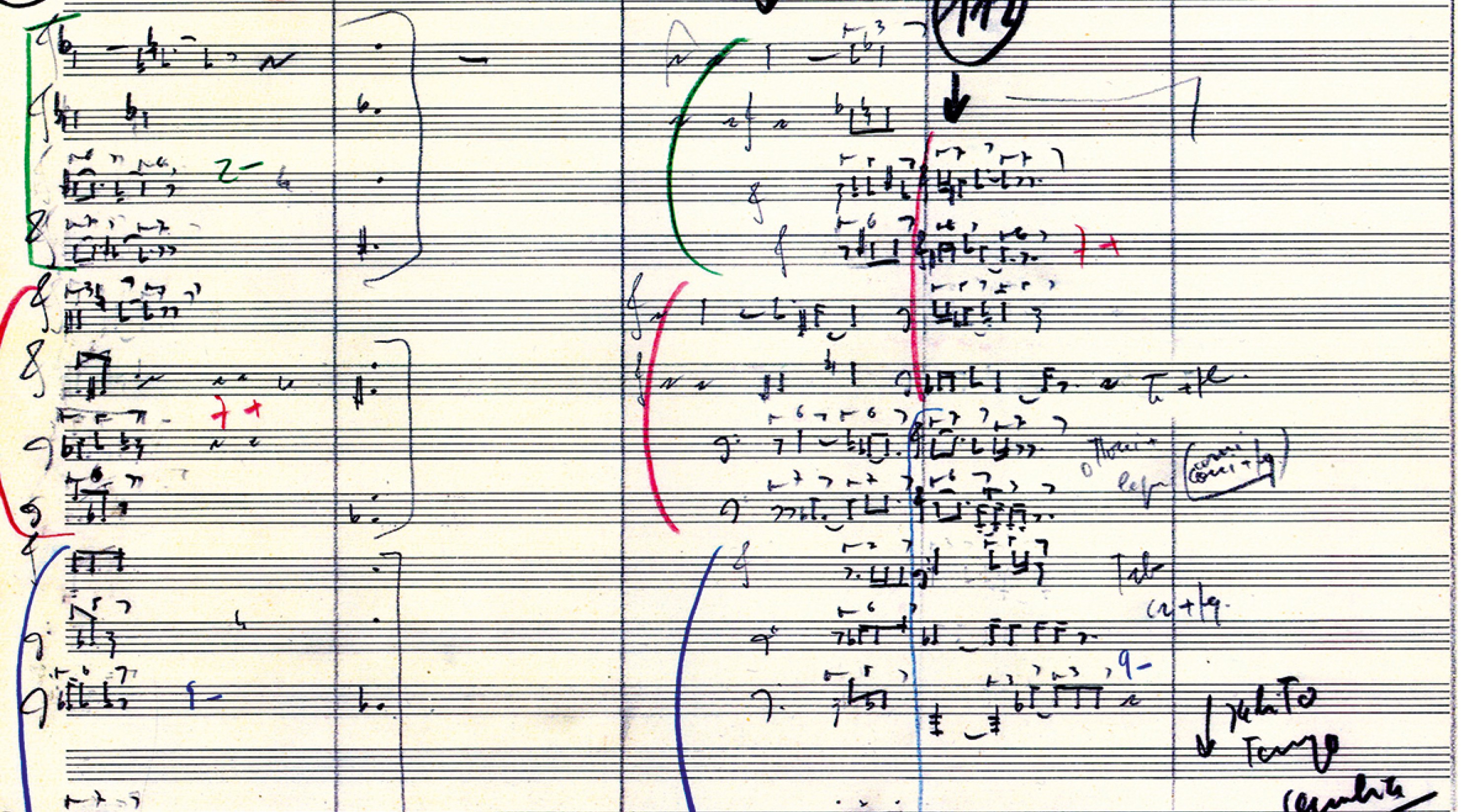Luigi Nono Gérard Pesson Claude Debussy
novembernov 18
Luigi Nono
...sofferte onde serene..., for piano and tape*
Gérard Pesson
Pastorale, suite for chamber orchestra (French premiere)
Claude Debussy
Pelléas et Mélisande, suite (arrangement)
Luigi Nono
Canti di vita e d’amore – Sul ponte di Hiroshima
Anu Komsi, soprano
Peter Tantsits, tenor
Julia Den Boer, piano*
Joachim Haas, sound producer/SWR Experimentalstudio*
Orchestre philharmonique de Radio France
Tito Ceccherini, conductor
Coproduction: Radio France (Paris); Festival d’Automne à Paris
With support from Sacem
Live broadcast by France Musique
Nono’s music seeks out signs of life in echoes of presence, weaving a new sense of duty when tragic events tear us apart. For Gérard Pesson, music is a delicate art, and here he has devised orchestral arrangements of an opera by Debussy, offering new insights into life.
Luigi Nono dedicated the work … sofferte onde serene… to Maurizio and Marilisa Pollini at a time when there had been deaths in both families. Nono, in the protection of his home on the island of Giudecca in Venice, would have heard bells ringing, and used the sound to offer a different approach to symbols of life, and finding peace. In Canti di vita e d’amore (1962), Luigi Nono reduced text to the bare minimum, creating a memorable soprano solo, suspended in music, and overwhelming. Anu Komsi (soprano) and Peter Tantsits (tenor), together with a special combination of instruments and instrumental shades, convey the composer’s statements in music with a fine line of atomic caution, for in the age of nuclear weapons, human responsibility may no longer be aware of its compass.
In the words of the composer of Pastorale, suite for chamber orchestra: “Eleven of the 42 scenes from the opera (first performed in 2006) have been selected in chronological order and are designed as a narration-landscape; [...] with the vocal parts given to the instruments. For the present suite, argument and action are not of primary importance; the writing of the opera was determined more by a general spirit, using elements of derision and diversion. The presence of French baroque opera is apparent (fanfare and overture), as are dances from the past (“musette” and “branle du Poitou”) which are parodied, being little more than gimmicks or blatant travesties. A symphonic arrangement of Debussy’s Pelléas et Mélisande will be played by the Orchestra.
